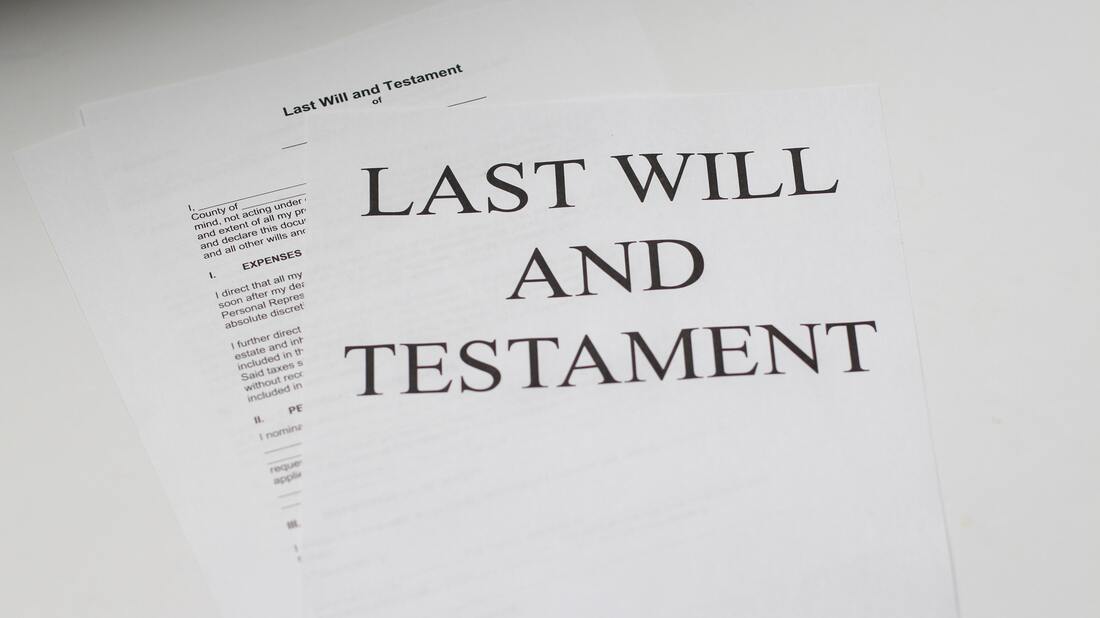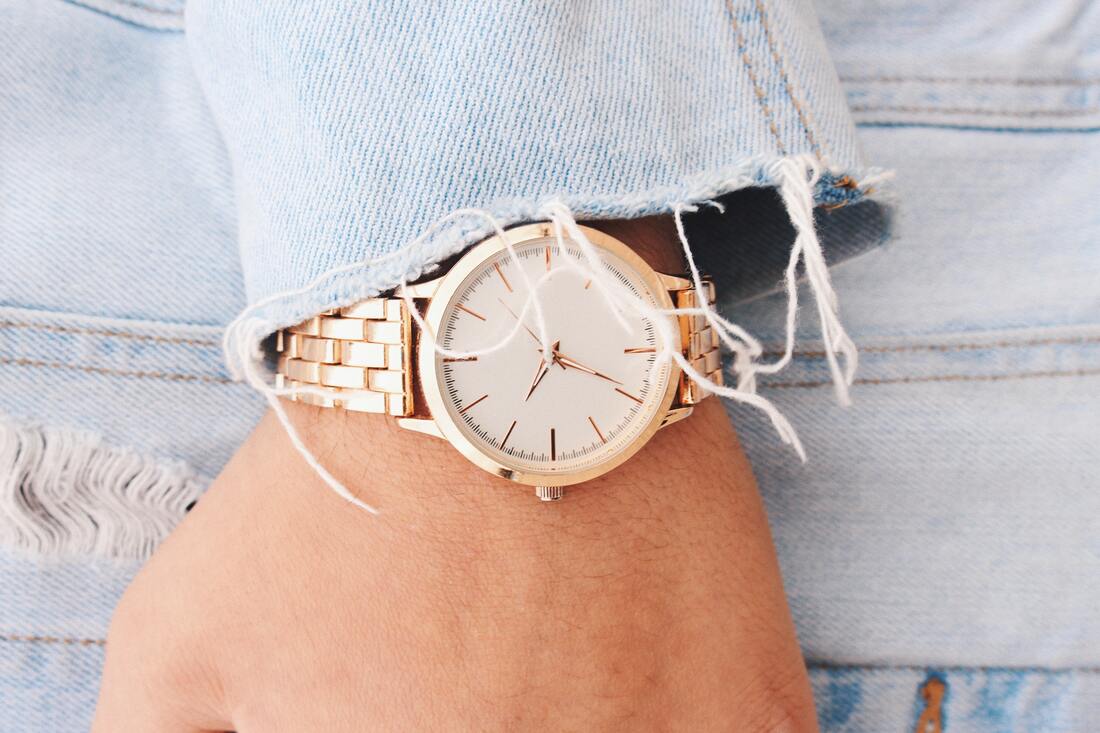|
Collaborative Post | As you approach retirement, your property will likely be at the forefront of your mind. You might be worried that you won’t be able to afford your mortgage once your retire or you might be tempted to move house once your children move out. Either way, there are plenty of options for you to consider. Below, we explore the different routes you can take.  Photo by Harli Marten on Unsplash Why look at different property options later in life?Property is one of the biggest and most valuable investments you’ll make in your lifetime. Rather than passively resting on this investment, you can use it to your advantage to make your retirement more comfortable. Whether you want to provide financial support to your children, travel the world or just enjoy a luxurious quality of life, your property can help you achieve this. Below, we take a look at how it can do this. How?Renting
Renting is one option for you once you’re approaching retirement. For instance, you could rent out your current property to a tenant, before renting a less expensive property yourself. With this surplus income, you can enjoy some disposable money to do with as you please. Releasing equity For those over 55s, you have the option of an equity release. This is where you use your property to release tax-free cash. You might be wondering how equity release works. The most common form of this is a lifetime mortgage. This type of equity release occurs when you receive a lump sum in a loan that’s secured against your home. The repayments on this loan aren’t required until you move out or move into care, making this a stable way of accessing a cash injection. Downsizing Another option as you approach retirement is to downsize. This is ideal for couples that are living in a family home, but no longer require that kind of space on their property. By moving to a smaller, less valuable property, you’ll open up financing for any sort of project you’re interested in. Renovating your home If you love your home and can’t imagine moving out, you could consider home renovations as you approach retirement. By carrying out value-adding home improvements, you’ll be able to enjoy a luxurious addition to your home, knowing that you’ll get a return on your investment when it comes to selling your property. Whether you’re getting a new kitchen or embarking on a loft conversion, renovations can give your home a real lift. As you enter your 50s it pays to be strategic with your property. And by following the guide above, you should be all set to make the right decision for yourself and your family. Disclaimer: This is a collaborative post Collaborative Post | With COVID-19 and the war in Ukraine creating a succession of upheavals in recent years, and the potential for greater shocks ahead, it appears that the trend of economic uncertainty is unlikely to abate anytime soon. In these inflationary and precarious times (which are affecting countries globally), it is understandable that people want to make the best decisions for their money as possible - and for most of us, our instinct is to reign in any seemingly “frivolous” spending. But is this always the right path for sensible money management? It can be easy to assume that actions like splashing out on an expensive watch are the opposite of good fiscal sense, but it can actually be a surprisingly savvy financial move. While markets and share prices were rocked during the worst of the pandemic (and the value of gold, perhaps predictably, rose by a third) the price of luxury watches failed to fall as some predicted, suggesting that this real-world, tangible asset represents a secure investment in troubled times. What defines a luxury watch?Not all watches are created equal, even in the higher price ranges, but what constitutes a genuine “luxury” watch is something of a grey area. Of course, luxury as a concept means different things to different people - for some, the latest sporty number from one of the world’s most well-known brands is the epitome of opulence, while for others nothing but a delicate antique timepiece will do. Notwithstanding personal taste and circumstances, some indicators of quality that are common across all luxury watches include:
When considering making an investment in a watch, it can also be helpful to know which brand names to watch out for, and a little of their history. Although by no means an exhaustive list, here are some of the most well-regarded luxury watch brands:
Why watches are often a safe investmentFor many of us, watches are a sentimental item in which we invest a great deal of emotional worth. While being functional, they often also act as a rite of passage - something a parent might buy on a special coming-of-age birthday, or that a wife might get for her husband on a big anniversary. In that way, they play a similar role to pieces of fine jewellery.
If we are to look at watches purely dispassionately, however, they can also be a means to make a worthwhile investment. While few watches will reach the giddy heights of those made for and owned by celebrities (such as Paul Newman’s Rolex Daytona, which sold for 17.75 million USD in 2017) or timepieces with a compelling story (like the historic Omega Speedmaster ‘Moonwatch’), watches made by classic brands are a reassuringly safe way to spend your money. This is because luxury watches tend to, at the very least, steadily increase in value over time. Some purchases, however, can see big returns, like the Audemars Piguet Royal Oak which failed to make a splash on its release in 1972 but has seen steep price rises in the intervening years. By doing your research into the market, you can make informed decisions about which watch is likely to accrue the most value. You can also attempt to spot a future classic in the most renowned brands' new lines, looking at what’s done well in the past to guide you on what might be the next big thing going forward. When buying luxury watches, even if they are new and untested in the market, there is security in the fact that the very worst-case scenario is that you make a small loss - but in taking this small risk, the rewards can be well worth it. The important thing to remember is that the best luxury watches from the world’s most prestigious brands rarely go down in value, so if you are looking for a safe way to invest your money (and one which may bear fruit in the future), watches are a pretty sure bet. This post was written by the family-run team at St James’ Safe Deposit, who provide boxes for safe deposit in Manchester and Leeds of luxury items and valuables. Collaborative Post | A huge number of people in the UK don’t have a proper will in place. This article will look at five reasons people put off writing a will - and why it’s a bad idea.  Photo by Melinda Gimpel on Unsplash Will and probate solicitors can attest that around 31 million adults in the UK don’t currently have a will. Those who have not written one yet may have their reasons as to why or have not thought about it. Not leaving a Will is something which can cause a huge number of problems and even cause family rifts after your days. So, what are the reasons for why people don’t write one? What is a Will?A last Will and testament is a legal document which is drawn up in order for an individual to state what they wish to happen to their assets and belongings in the event of their death. Writing a Will allows a person to make sure that their property is distributed in accordance with their wishes and is designed to make their intentions clear. While you can draw up your own Will, you should ask a solicitor to notify this and to keep hold of a copy for you. What are the reasons people put off writing a Will? Photo by Rhodi Lopez on Unsplash 1. Too morbid to think aboutNone of us enjoy thinking about our own death but, the fact is that this is something which happens to us all. This is one of the most common reasons for people putting off writing a will. This can also be a reason for not encouraging loved ones to do the same, simply because they don’t want to think about losing that person. 2. Too young to write a WillA huge number of people in their twenties, thirties and forties work on the principle that they are too young to have to think about writing a Will and that they’ll do so when they are older. In an ideal world, we’d all live to a ripe old age, however, sadly, this is not the case for a great many people. In the UK, 1,769 people aged 35 to 44 die of diseases such as cancer every year. So, being prepared is never a bad thing. 3. Not owning assets to distributeAnother common reason people state for not writing a Will is that they don’t own a property such as a house or a flat and therefore don’t see any point. This is flawed thinking in a number of ways, including the fact that the person may own a property later on. Not to mention other assets or items to arrange what to do with, including possibly cash or a pension plan which should be distributed following their death. 4. Everything will go to the spouse anyway Photo by Samantha Gades on Unsplash Lots of married people assume that, when they die, everything will go to their wife or husband whether they have a Will or not. While your spouse will inherit in the event of your death, they may not be awarded everything. For example, if you have a child and, even if you are estranged from that child, a court may award a percentage of your assets to your offspring. 5. Unsure how to divide assetsA significant number of people in the UK don’t have children, family or a significant other and so put off writing a Will simply because they don’t know who to leave their property and assets to. While this can be tricky, it’s a good idea to have a long hard think about this as, without a Will in place, a court may track down a next of kin, which may well be a distant family member that you have never even met. Why you shouldn’t put off writing a WillWe’ve mentioned a few reasons that people give for putting off a Will and, while these reasons may seem valid, that doesn’t make them right. Dying without a Will can cause a number of problems, including:
Where there’s a Will…As we’ve explained, dying intestate, or without a Will, can be absolutely disastrous for your loved ones and can even leave your partner or spouse without a home - all of which can be avoided.
Making a will is quick, easy and affordable and is a really simple way of making sure that your loved ones are taken care of in the event of your death, as well as ensuring that your wishes are carried out. While it’s best to ask a solicitor to help you to put together your Will, it is possible to do this yourself, although, if you choose this option, you need to make sure that you make your wishes crystal clear in order to avoid confusion and problems once you’re gone. Disclaimer: This is a collaborative post |
Search my blog ...Categories ...Read my latest blog post!Subscribe below to receive regular updates by email:
Archives
July 2024
|



